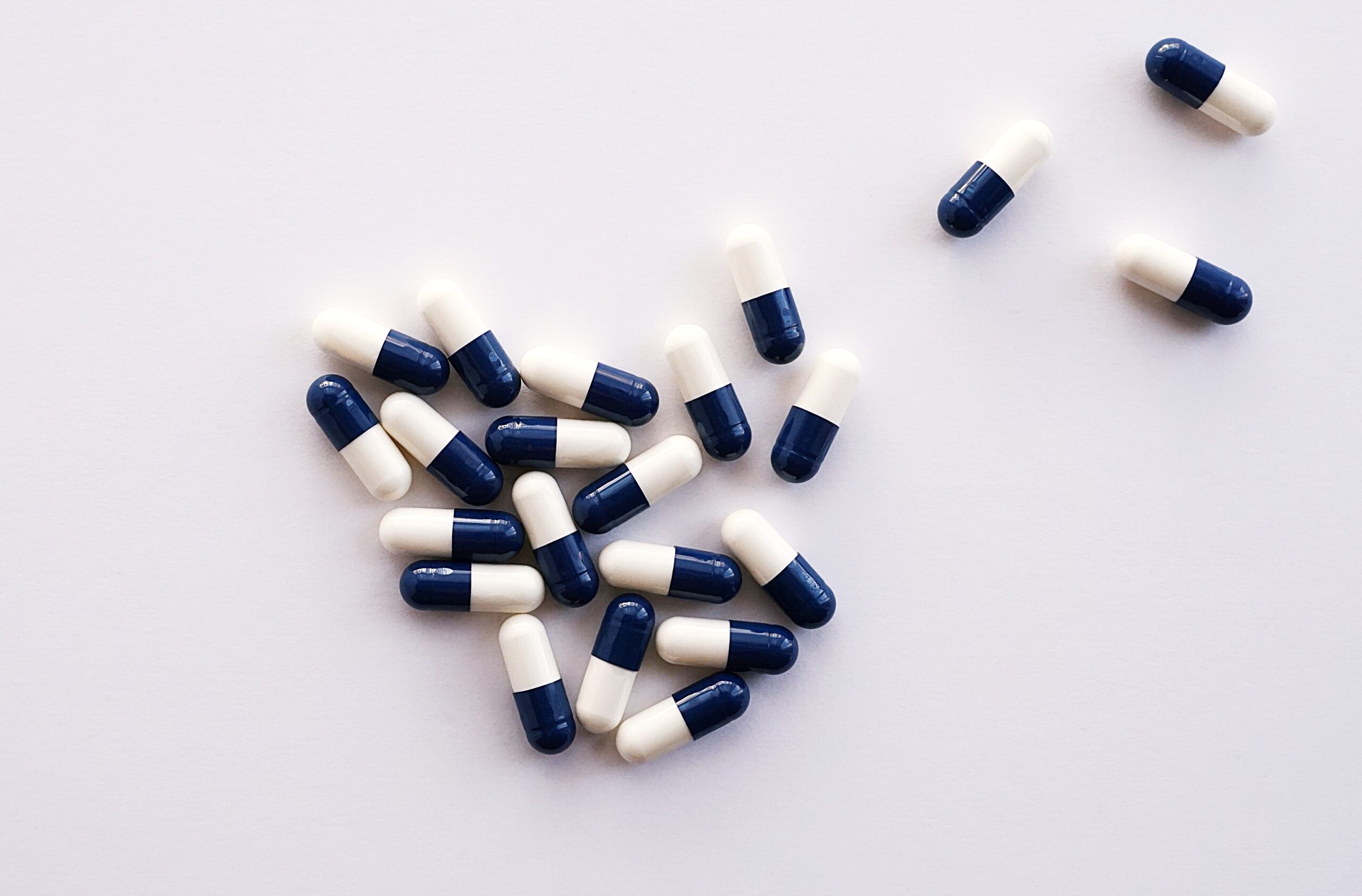
Naltrexone is commonly used to treat Alcohol Use Disorder (AUD) and Opioid Use Disorder (OUD). However, in low doses, it can also be used to treat a variety of chronic conditions, including fibromyalgia, chronic fatigue, myalgic encephalomyelitis, diabetic neuropathy, multiple sclerosis, obesity, mental health conditions such as depression and post-traumatic stress disorder, Parkinson’s disease, and Crohn’s Disease. In this article, we will discuss how low-dose Naltrexone can be used to treat these conditions.
If you suffer from any of these conditions and feel that low-dose Naltrexone may be right for you, connect with our clinic today. Our seasoned wellness doctor, Dr. Edward Jacobson, would be delighted to answer any questions you might have about low-dose Naltrexone and if it suits your unique needs.
Naltrexone is an FDA-approved drug that is used to treat AUD and OUD. It is not an opioid itself, nor is it addictive, and it does not cause withdrawal symptoms. In the case of AUD treatment, Naltrexone works by binding to the endorphin receptors of the body, which essentially blocks the effects and cravings for alcohol. In the case of OUD treatment, Naltrexone works by blocking the effect of opioid receptors, which stops the euphoric and sedative effects of opioids, including heroin, morphine, and codeine. It also reduces and suppresses cravings associated with opioids. Naltrexone is a popular treatment because there is no abuse potential with it.
Emerging research and practice have demonstrated that in low doses, Naltrexone can be used to treat the following health conditions:
Typically, low-dose Naltrexone refers to doses between 1-5 mg. Low-dose Naltrexone works by safely releasing the “feel-good” chemicals in your brain, limiting the body’s inflammatory response, and regulating your body’s natural opioid production. It can be used to treat some of the symptoms of the conditions above, which affect the quality of life for the patients who suffer from these conditions, including:
You may be eligible for low-dose Naltrexone treatment if you suffer from any of the chronic health conditions mentioned above. During your initial consultation with Dr. Jacobson, he will provide you with a complete assessment, including a review of your medical history, to identify if you are a suitable candidate and if low-dose Naltrexone can address your medical condition. It is essential that you bring a complete list of medications you are taking, including vitamins and supplements, to your initial consultation.
While low-dose Naltrexone may be a good treatment option for many of our patients, Naltrexone is not safe for every patient. Naltrexone is not recommended for patients with kidney and liver conditions and is not recommended for patients who are taking certain medications. Furthermore, patients cannot consume alcohol or opioids while on Naltrexone.
Low-dose Naltrexone can be used to treat a variety of chronic medical conditions. If you suffer from any of the conditions mentioned above and feel that low-dose Naltrexone may be right for you, connect with our clinic today.
If you have questions about low-dose Naltrexone, bring them to Dr. Jacobson. Our team would be delighted to answer all your questions and guide you through this process.